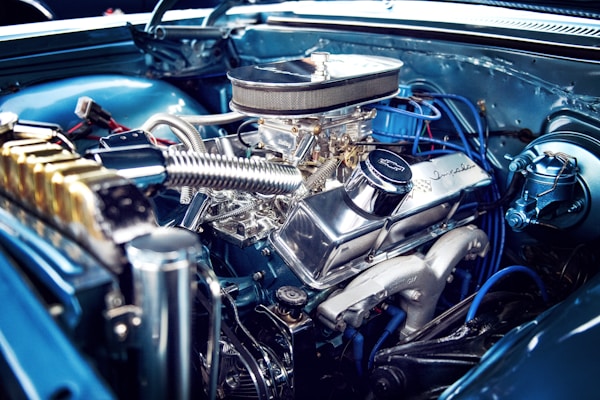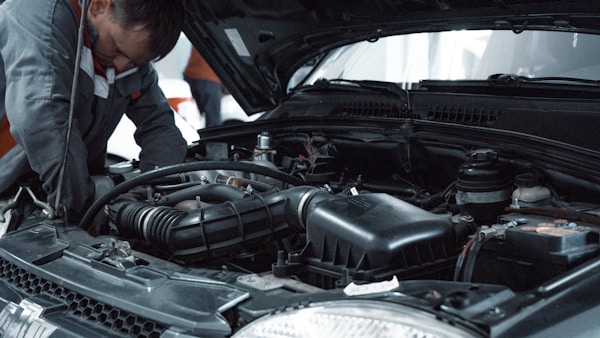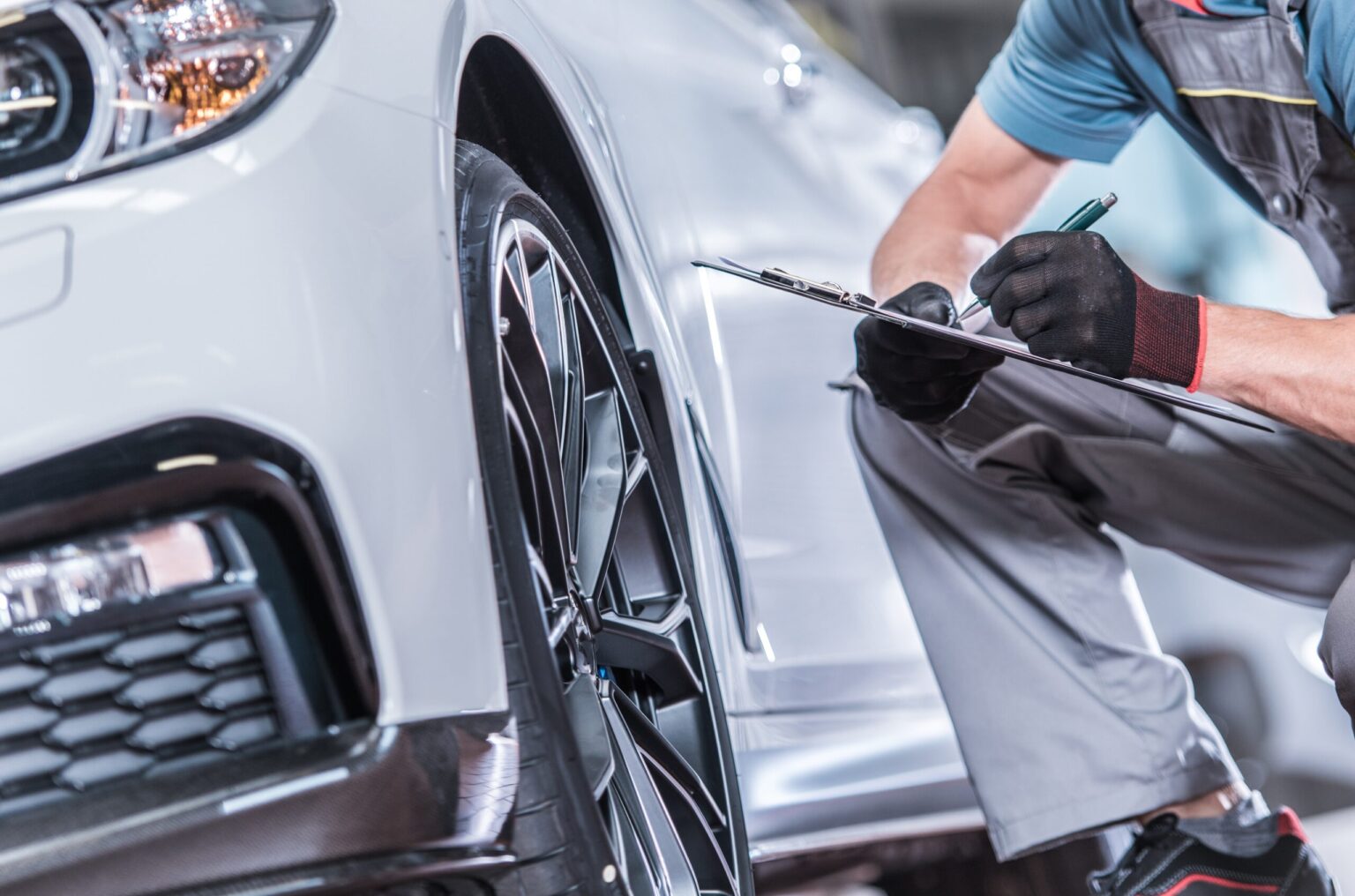Do you have questions about extended auto warranties? What are the benefits? Are there any drawbacks? If you’re considering purchasing an extended auto warranty, you may have many questions. In this article, we’ll provide answers to some of the most frequently asked questions about extended auto warranties. Keep reading to learn more.
What are the different types of warranties?

When purchasing an auto warranty, it is important to understand the different types of coverage available, such as bumper-to-bumper and powertrain warranties, to ensure you are adequately covered in the event of a malfunction.
Bumper-to-bumper warranties, also referred to as “new car warranties,” provide coverage for the entire vehicle, excluding only those parts that are subject to wear and tear, such as brake pads and wiper blades. This type of warranty usually covers repairs and replacements for any defects in parts and labor for the duration of the warranty.
On the other hand, Powertrain warranties are more specialized and offer coverage for the more expensive parts of the car, such as the engine, transmission, and related components. This type of warranty is typically more limited than a bumper-to-bumper warranty and only covers repairs and replacements for these specific parts. A powertrain warranty typically lasts for five years or 60,000 miles, longer than a bumper-to-bumper warranty.
Extended auto warranties are purchased to extend coverage beyond the manufacturer’s warranty period. An extended auto warranty typically covers major repairs, such as engine and transmission problems, and is often tailored to the vehicle and its age. Some extended warranty companies offer customizable plans that allow drivers to select coverages that are most beneficial for their specific situation. If a vehicle is over 20 years old or has high mileage, special coverage will be required.
What does an extended warranty cover?
An extended warranty is an optional service contract that extends the coverage of a vehicle’s original warranty for a longer period of time. It is sometimes referred to as a vehicle service contract, extended service contract, or vehicle protection plan. An extended warranty covers most components of the vehicle that were originally covered under the manufacturer’s warranty, including the vehicle engine, drivetrain and transmission, electrical system, and other mechanical components. The coverage periods, deductibles, and other details of an extended warranty vary depending on the provider, so it’s important to read the terms and conditions carefully before purchasing. Generally speaking, extended warranties offer peace of mind, as they can provide financial protection in the event of costly repairs.
How do extended warranties work?

Extended warranties are a type of service contract that covers parts, and labor costs for repairs and maintenance of a vehicle after the original manufacturer’s warranty expires. The coverage may be purchased from the manufacturer, an independent third party, or the car dealership.
The cost of an extended warranty will depend on the coverage being offered and the make and model of the vehicle. Generally, the longer the coverage period and the more components are covered, the higher the cost. Extended warranties are often offered at the time of purchase but can also be purchased afterward.
When a repair is needed, the claims process will vary based on the provider. Generally, a customer has to take their vehicle to a repair shop that can diagnose the problem and contact the warranty provider for approval of the repair. Once approved, the repair shop will do the repair and submit an invoice to the warranty provider for payment. The warranty may cover the entire cost of the repair, or the customer may be responsible for a deductible.
Is purchasing an extended car warranty worth it?
Purchasing an extended car warranty can be a smart move for car owners who are looking to protect themselves from the high costs of auto repairs. While the extended warranty may cost more upfront, it can save you from having to pay for expensive repairs in the future. Additionally, the extended warranty can provide peace of mind, knowing that your car is covered in the event of a breakdown and your family budget won’t be impacted. In addition, some extended warranty plans may also include coverage for towing, roadside assistance, car rental, and other services giving drivers added benefits.
Purchasing an extended car warranty is a great way to ensure your vehicle remains in good condition and is financially protected in the event of an unexpected breakdown. It can save you from costly repairs and provide peace of mind knowing that your car will be taken care of if it malfunctions.





